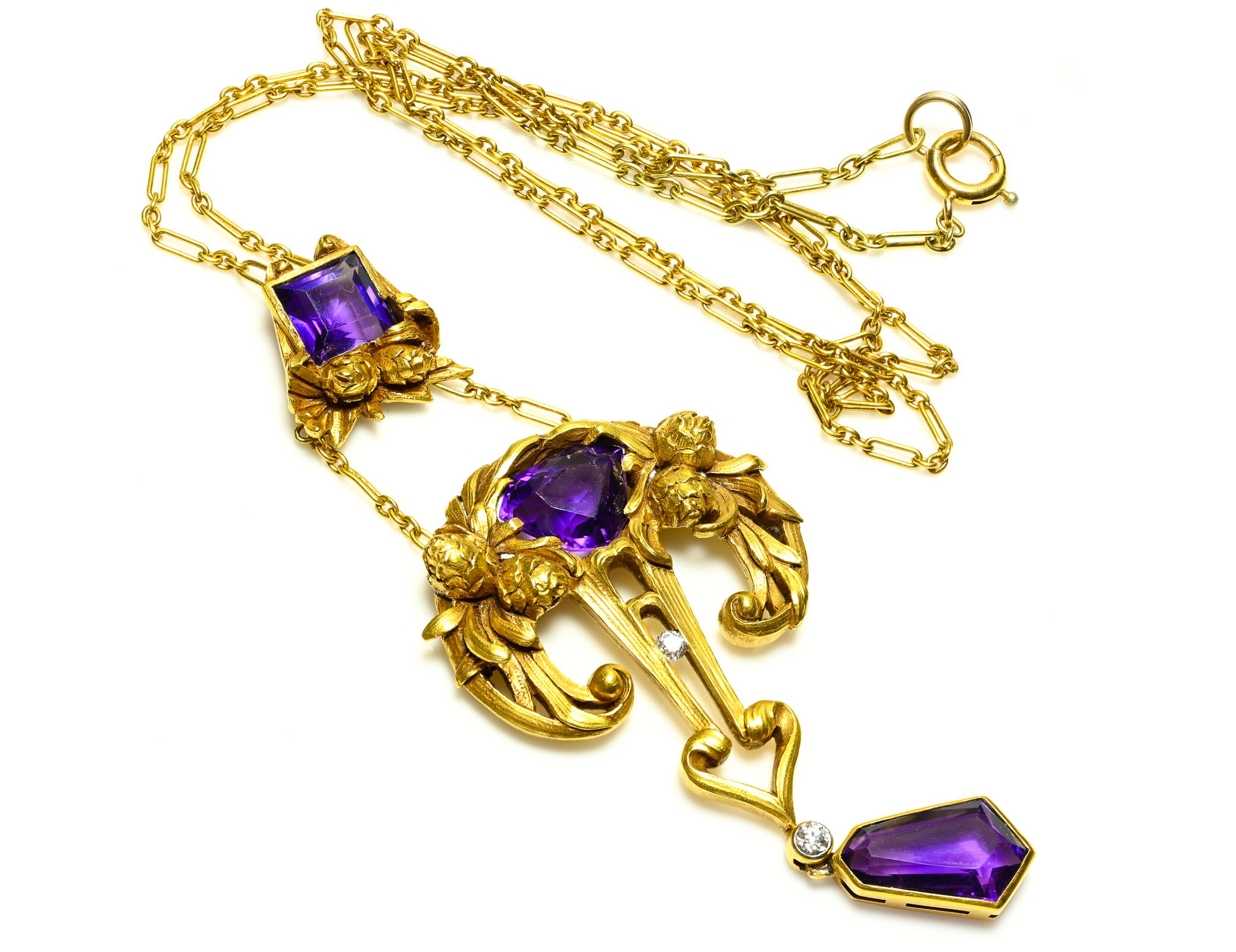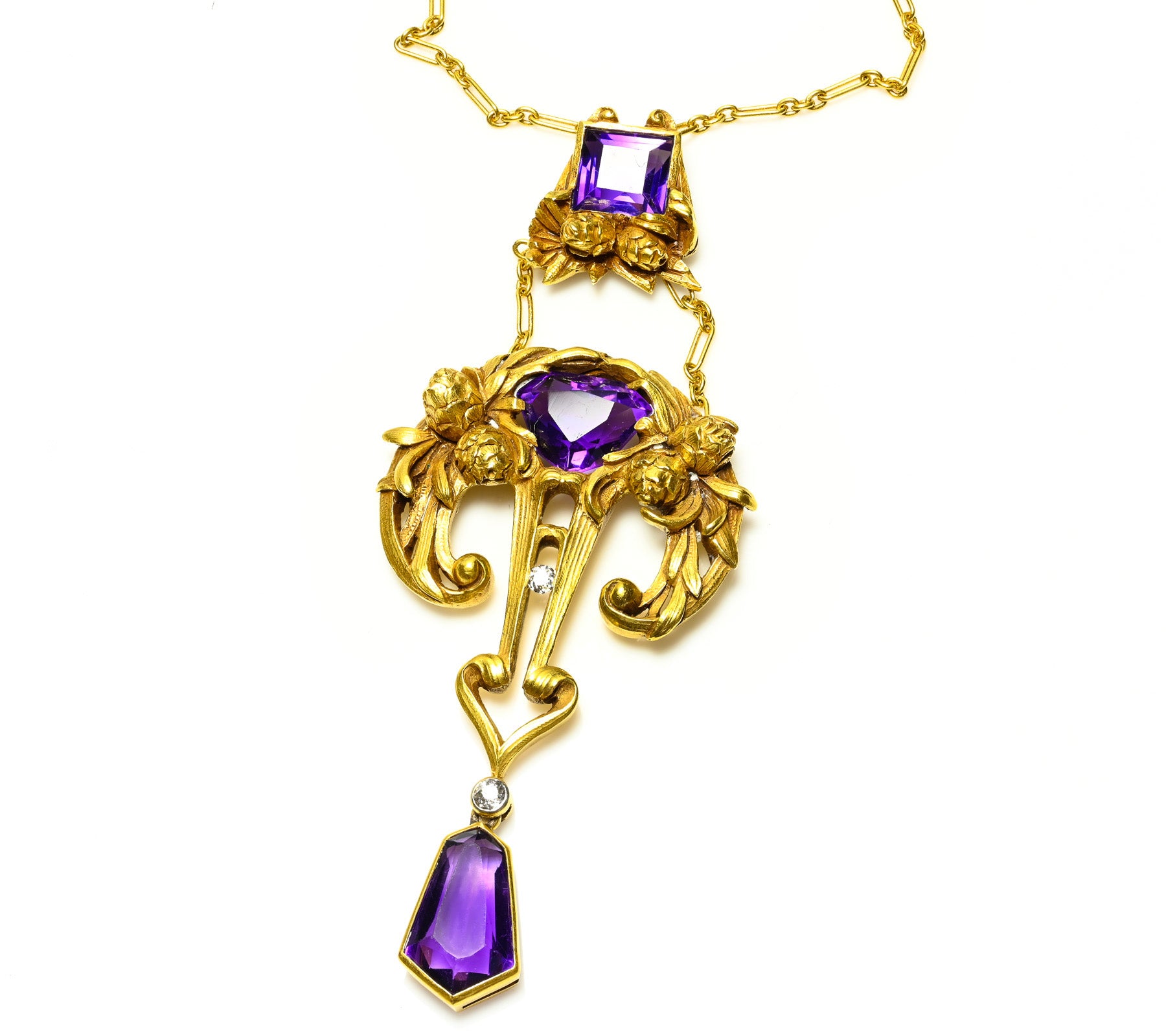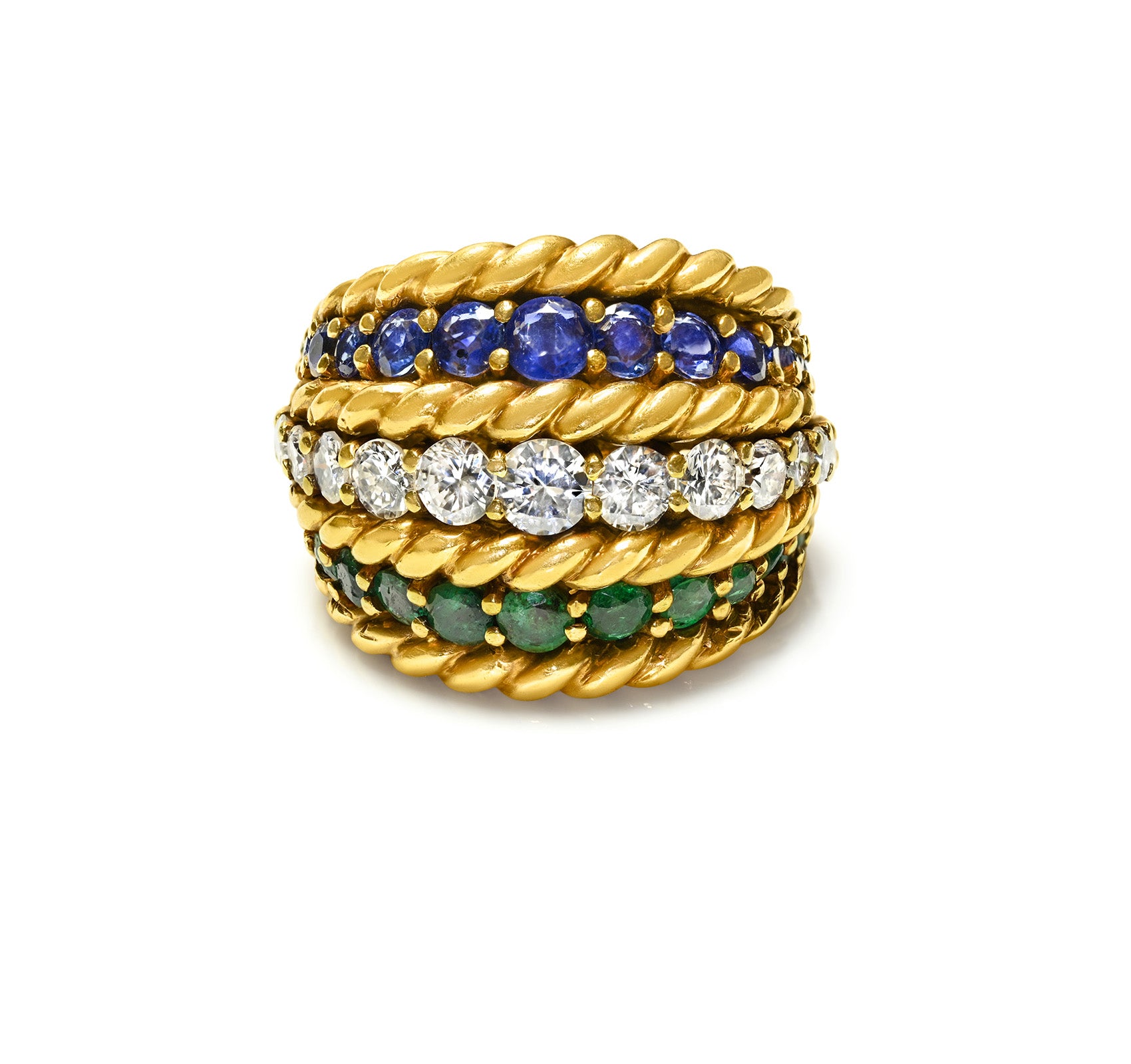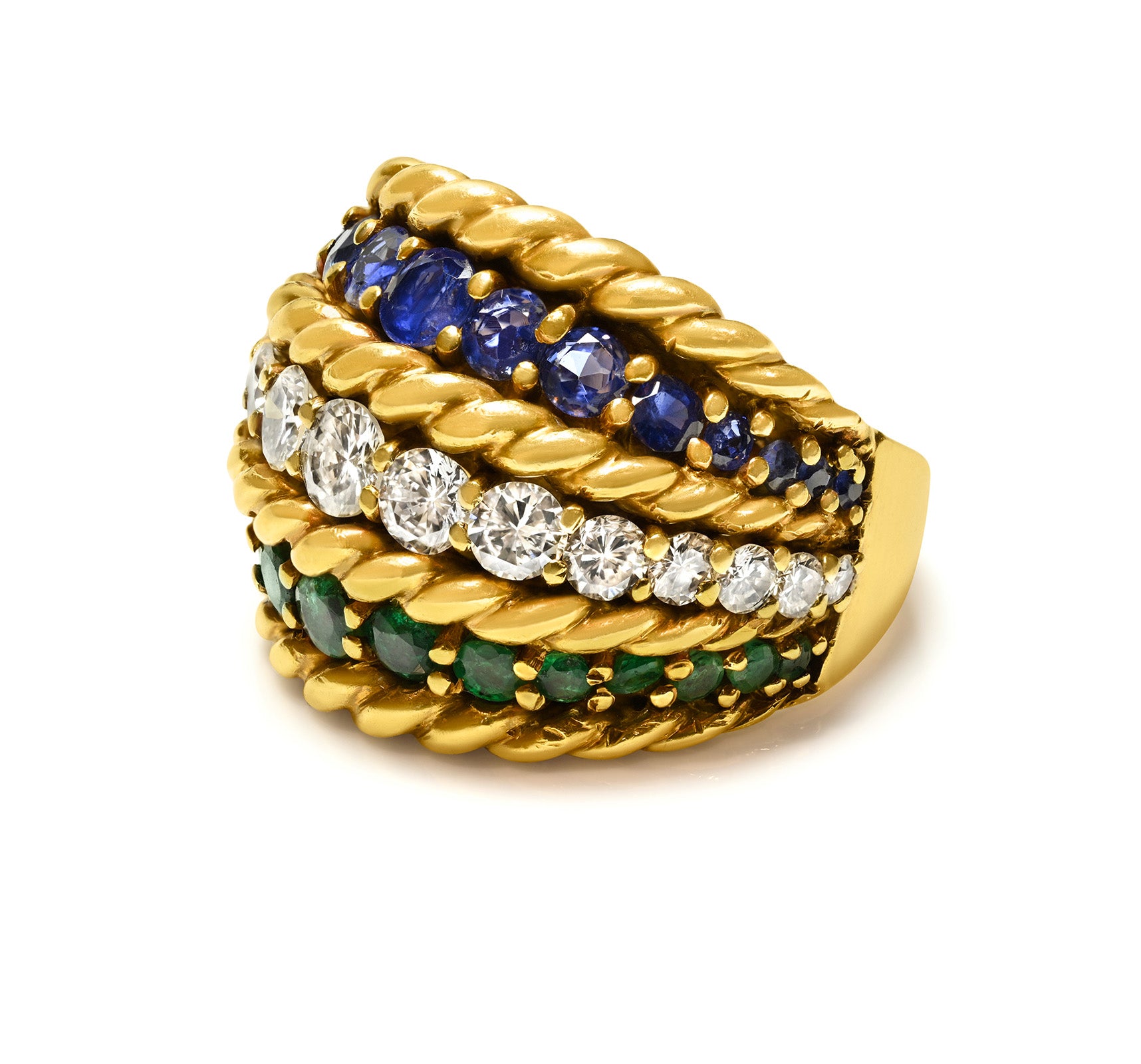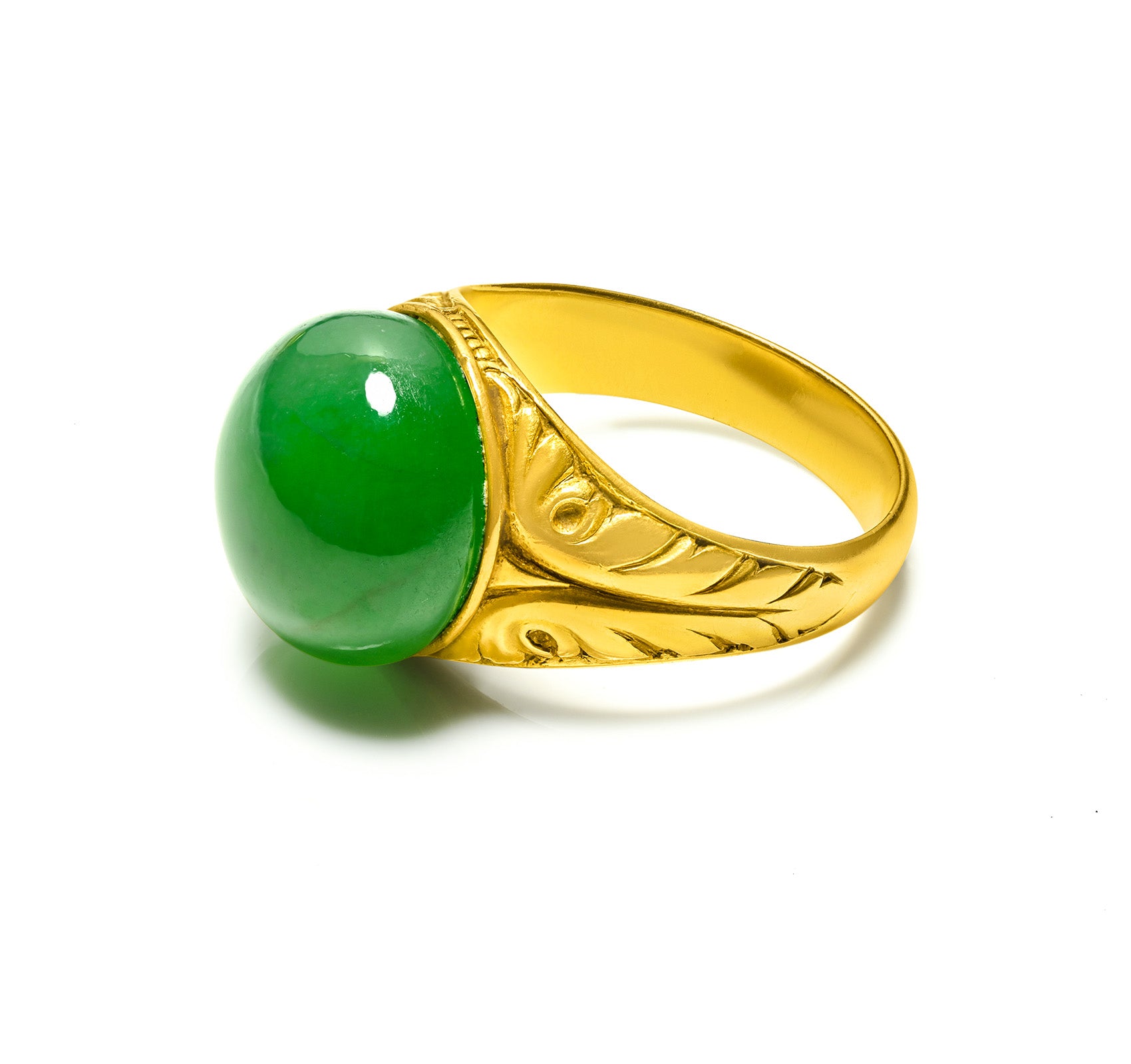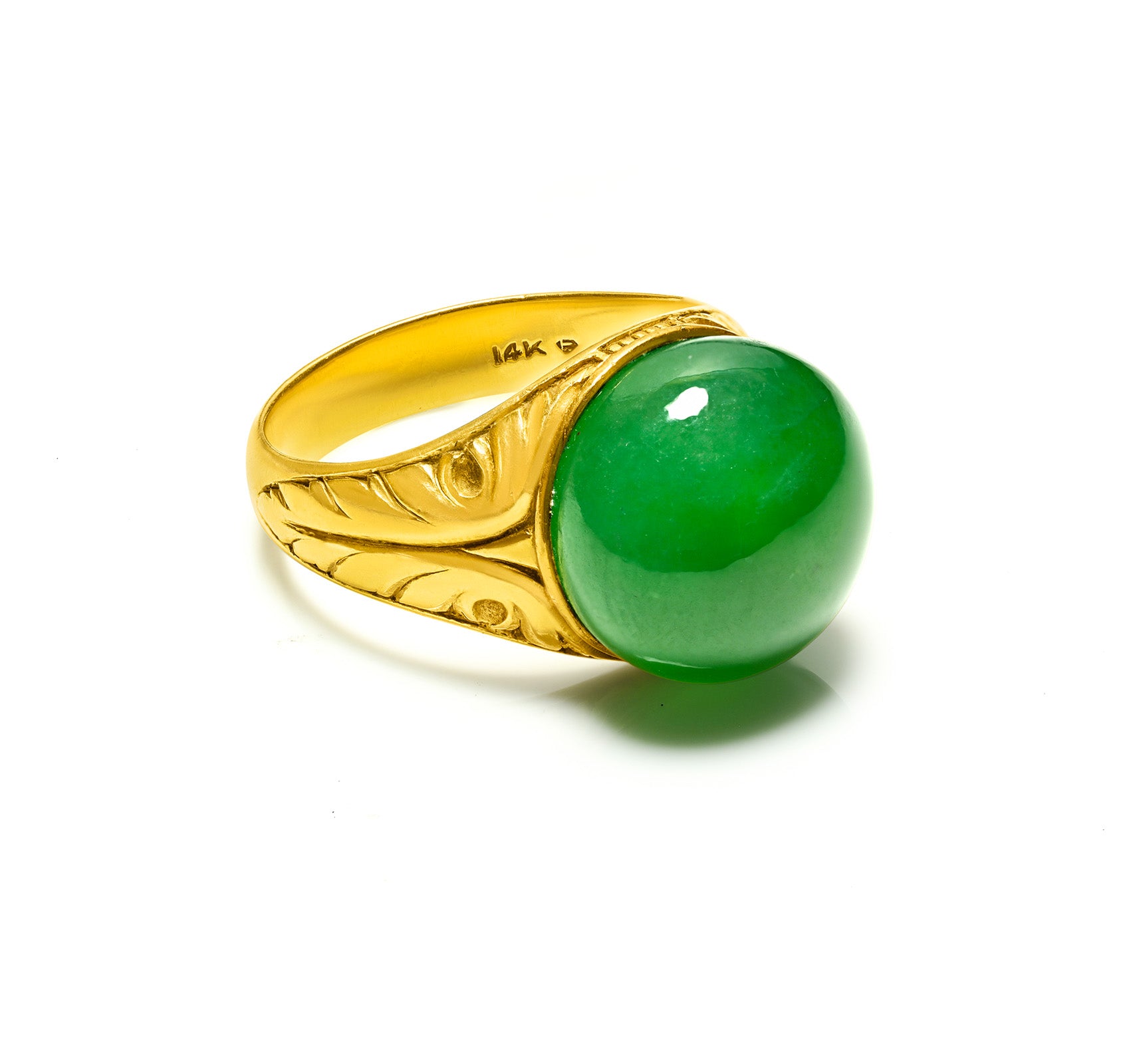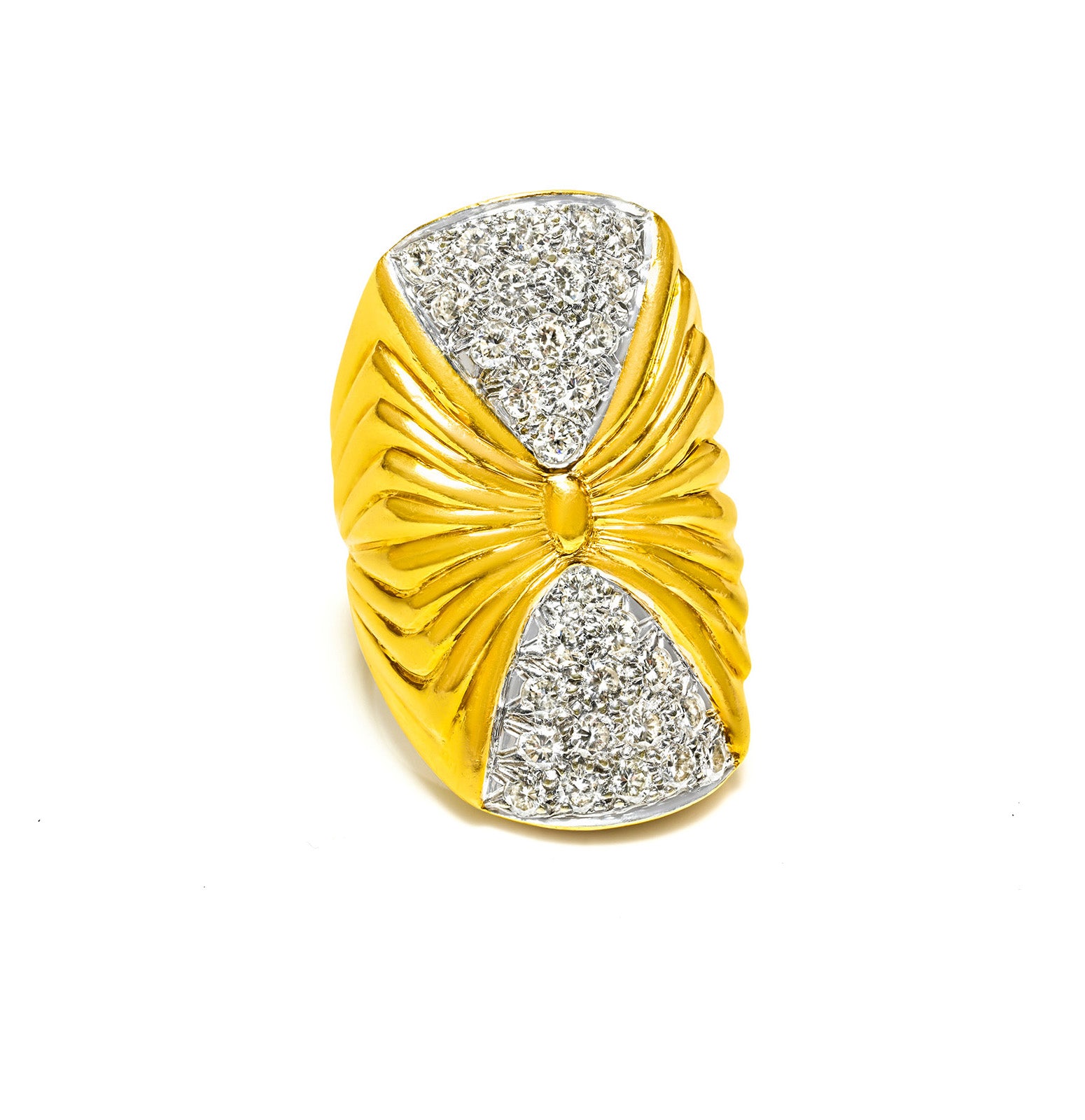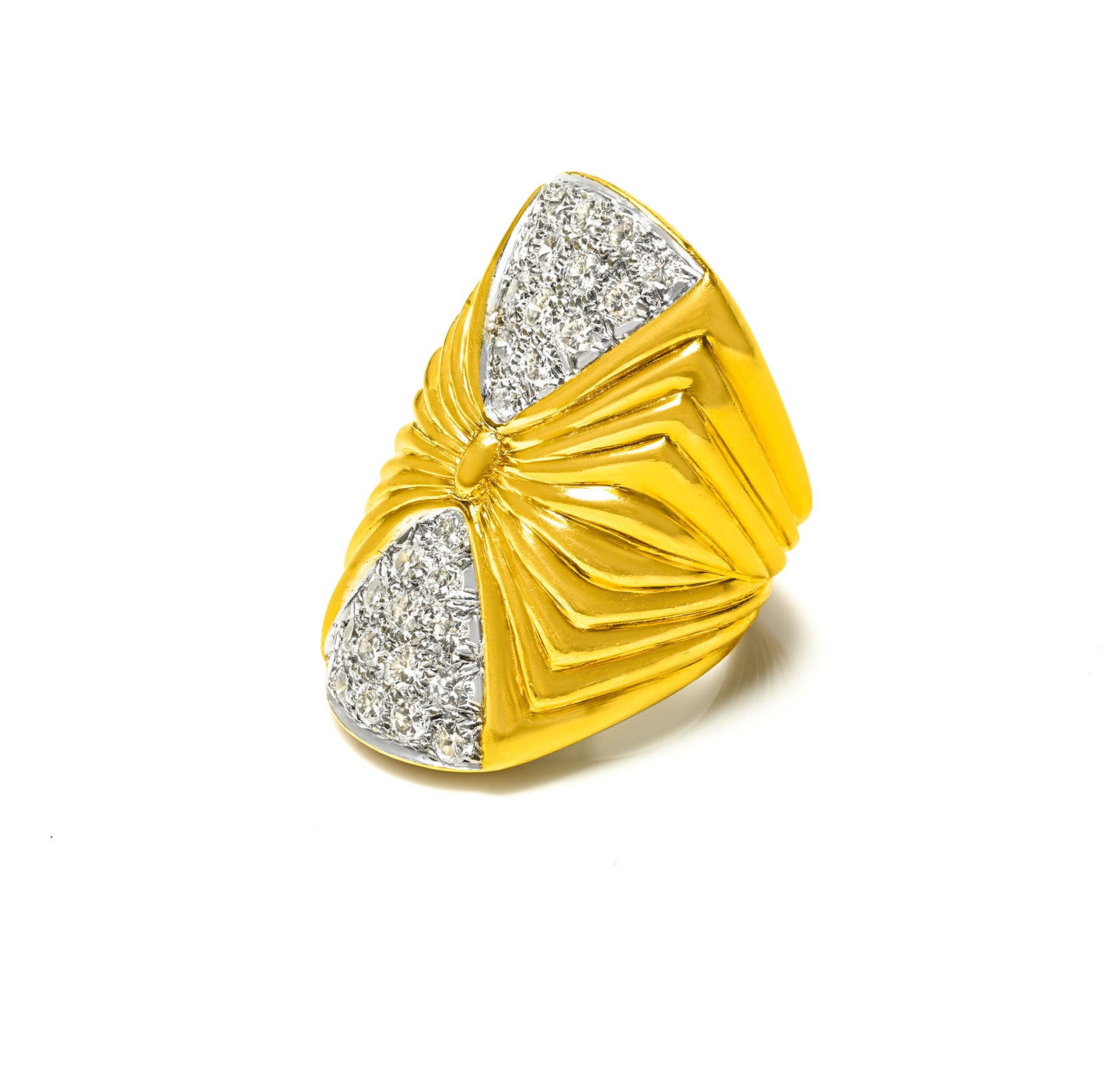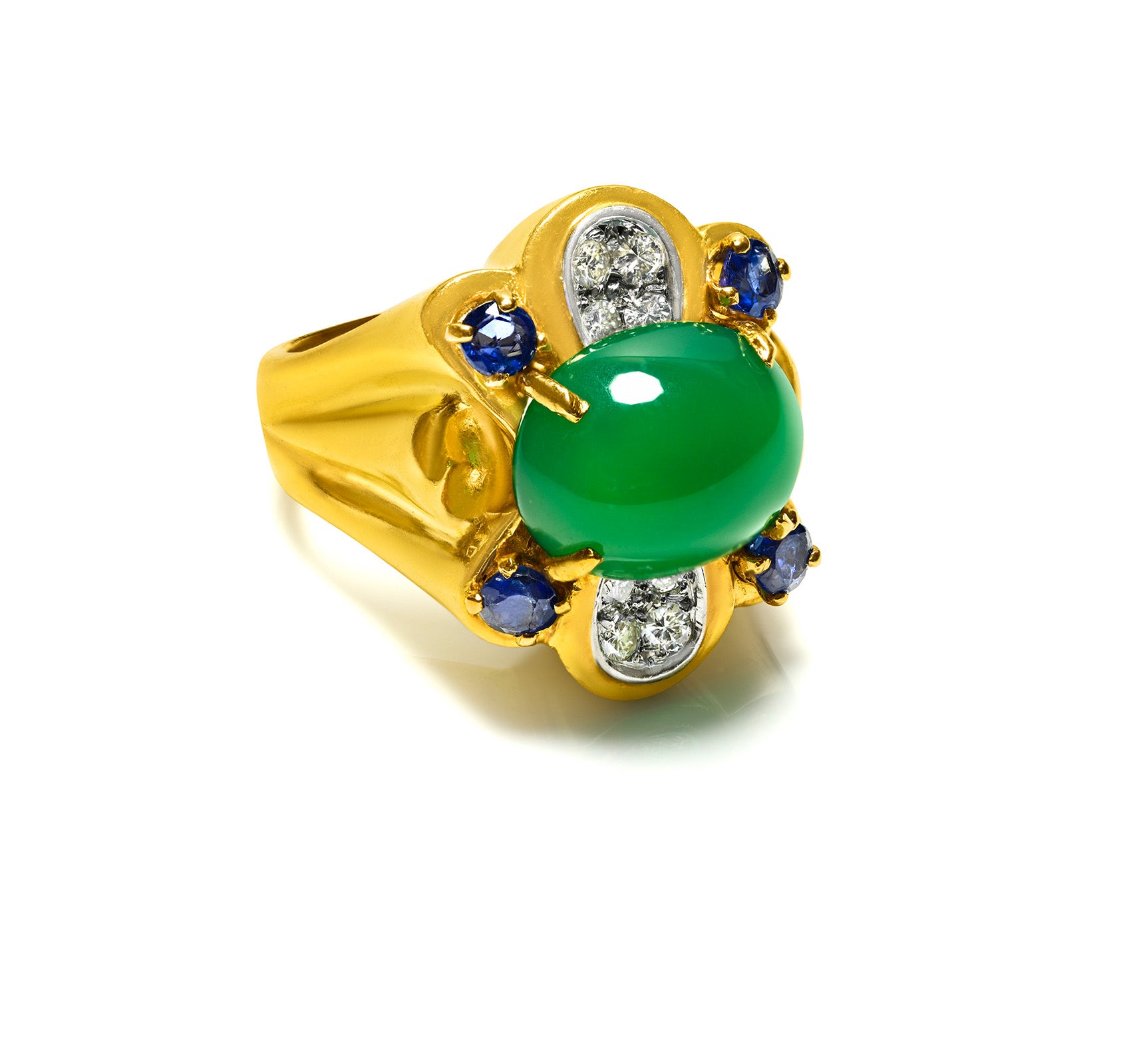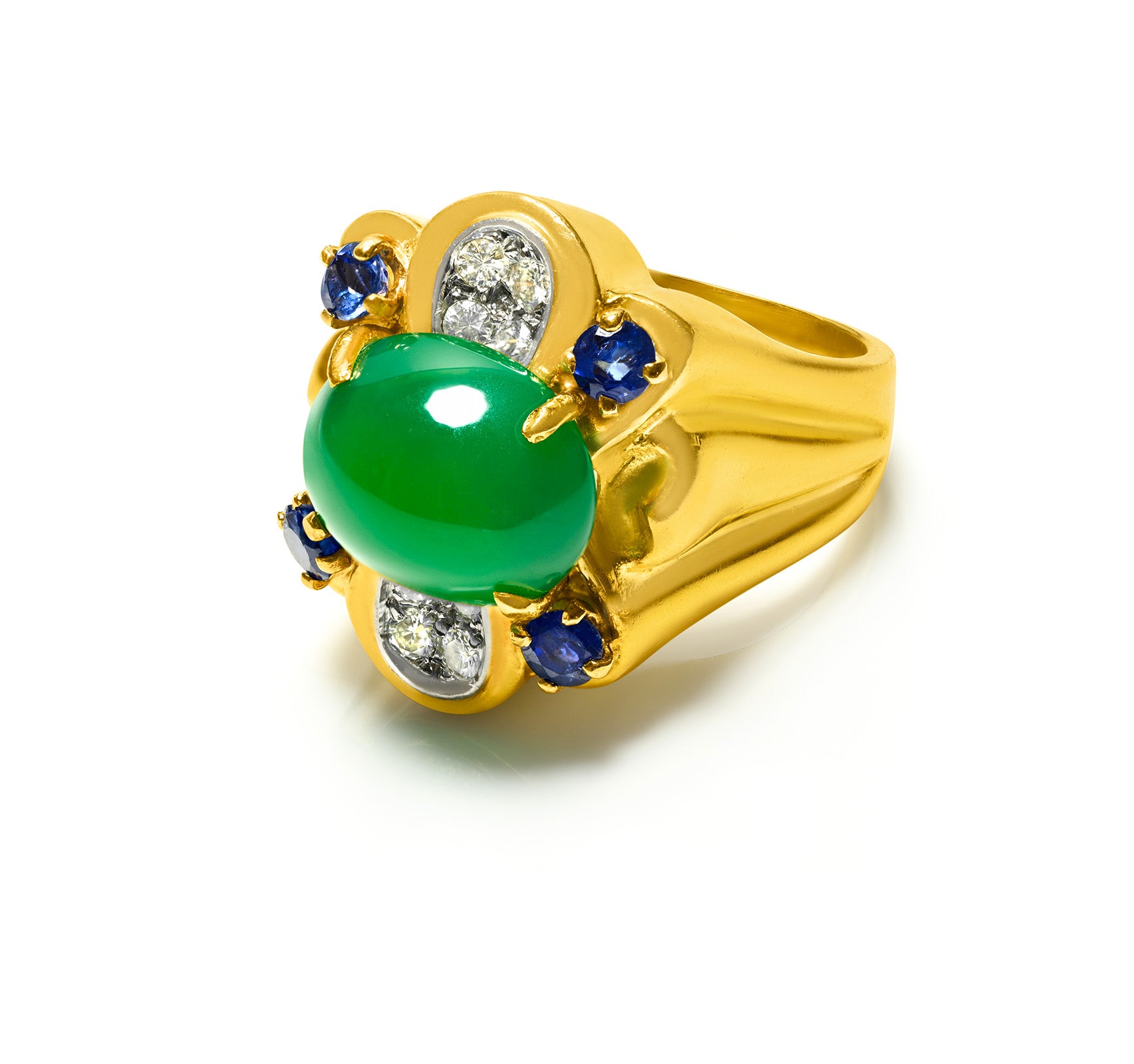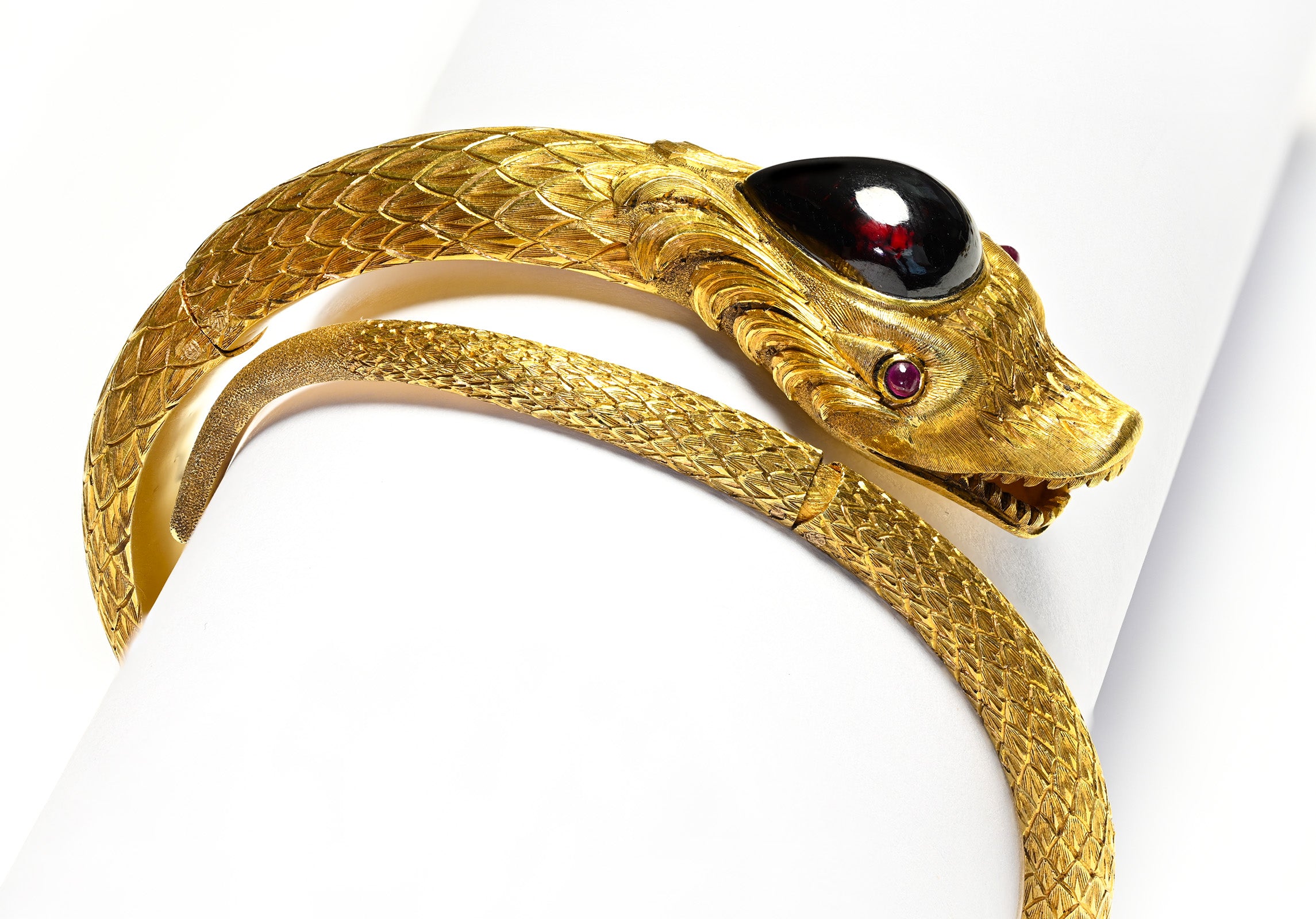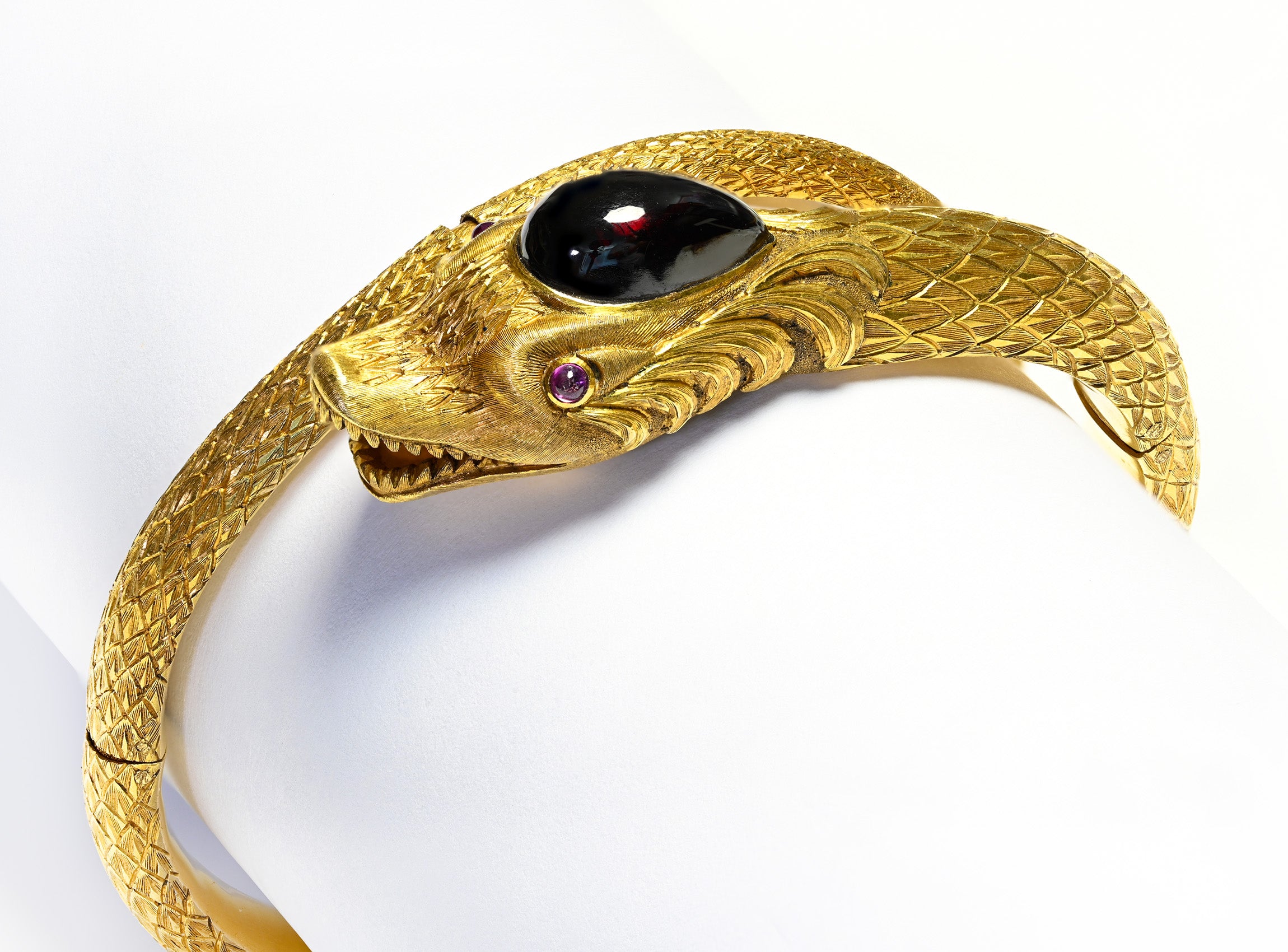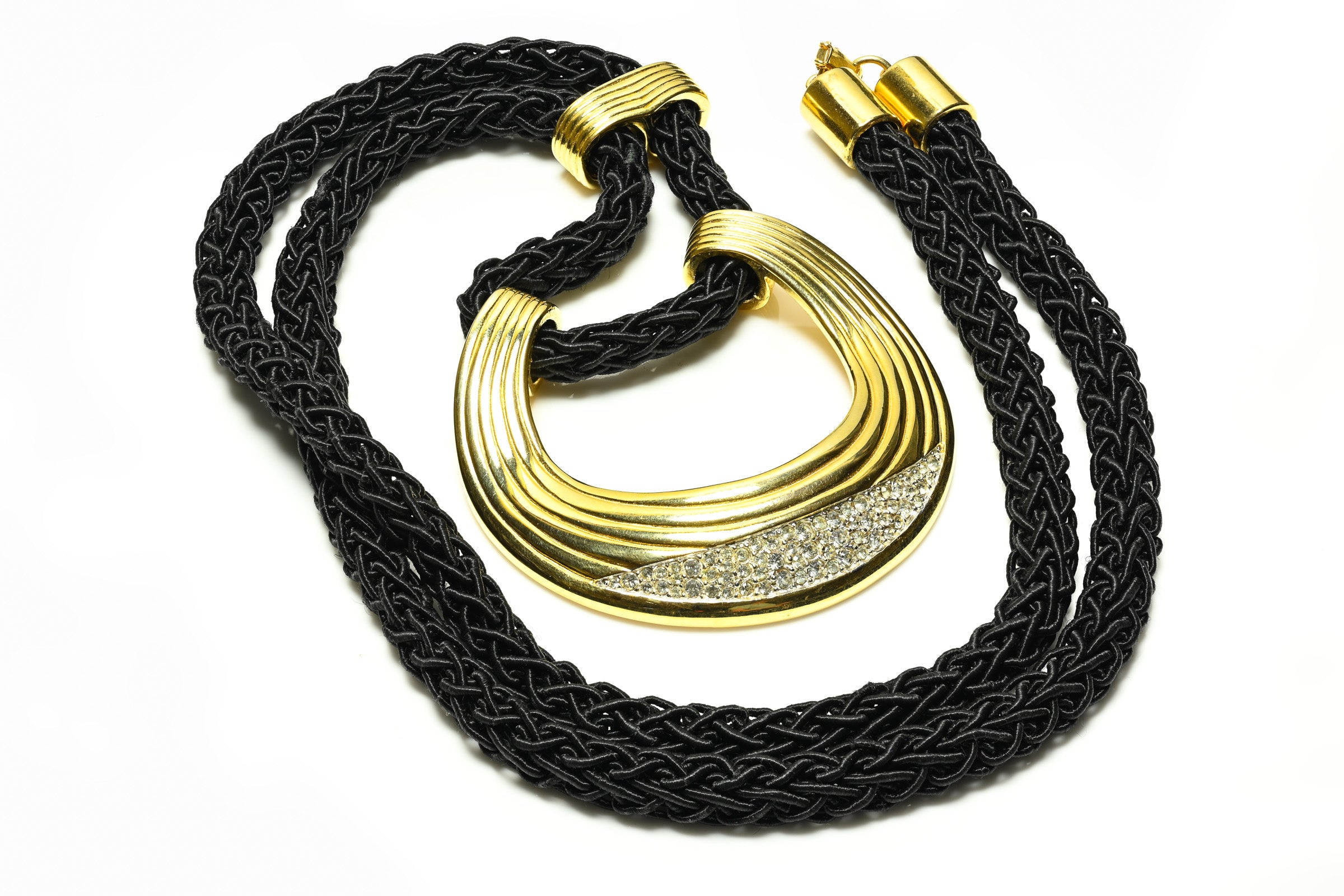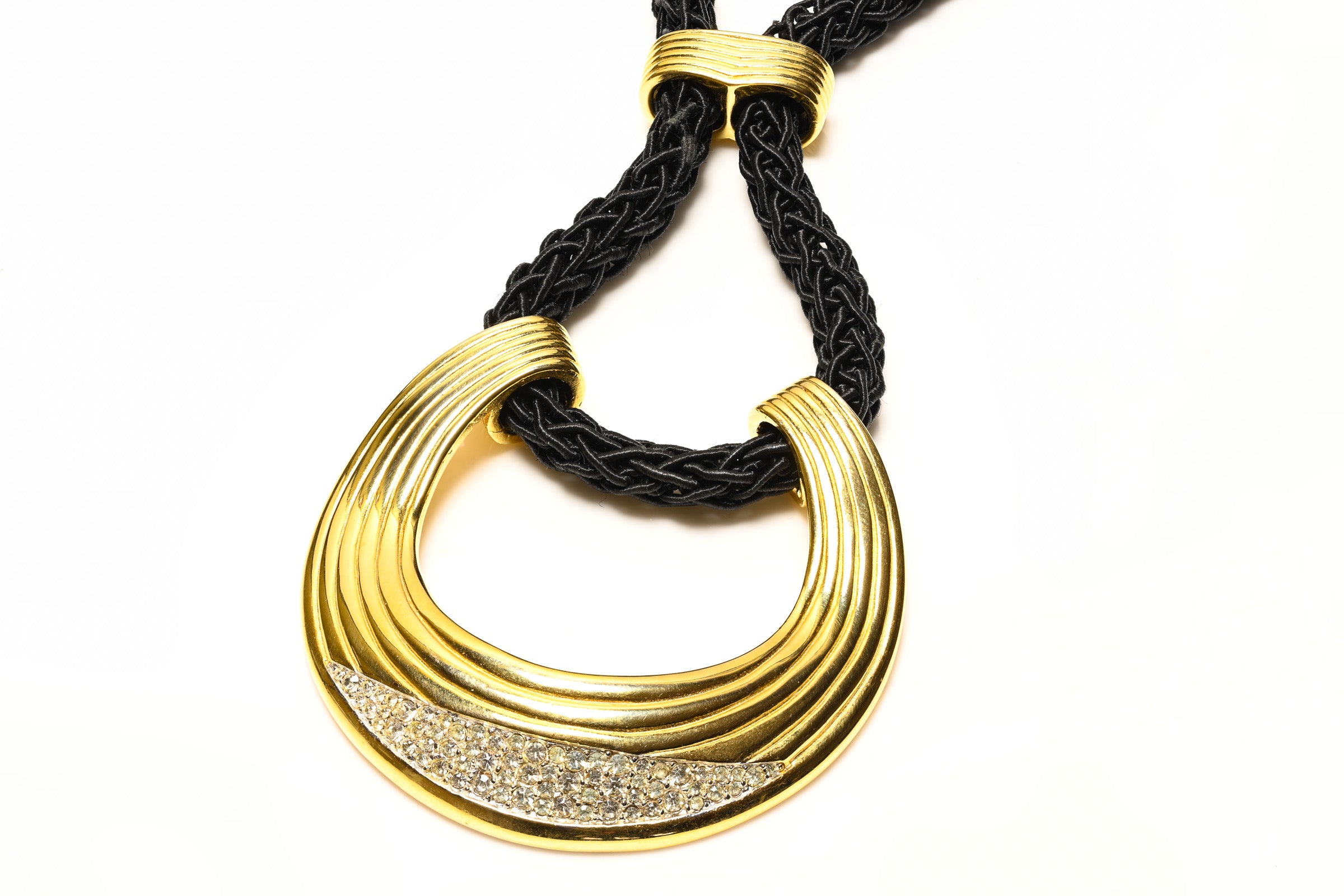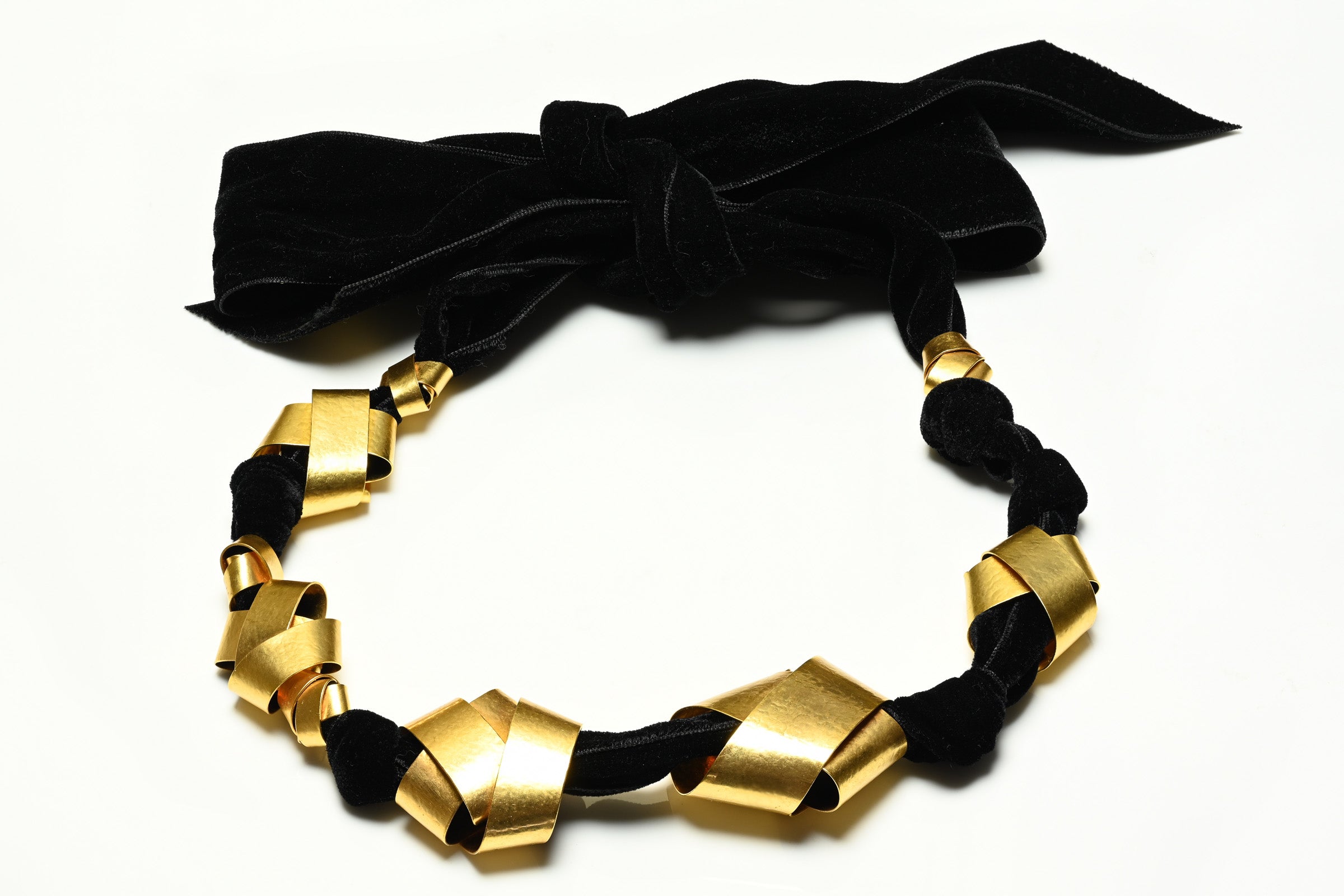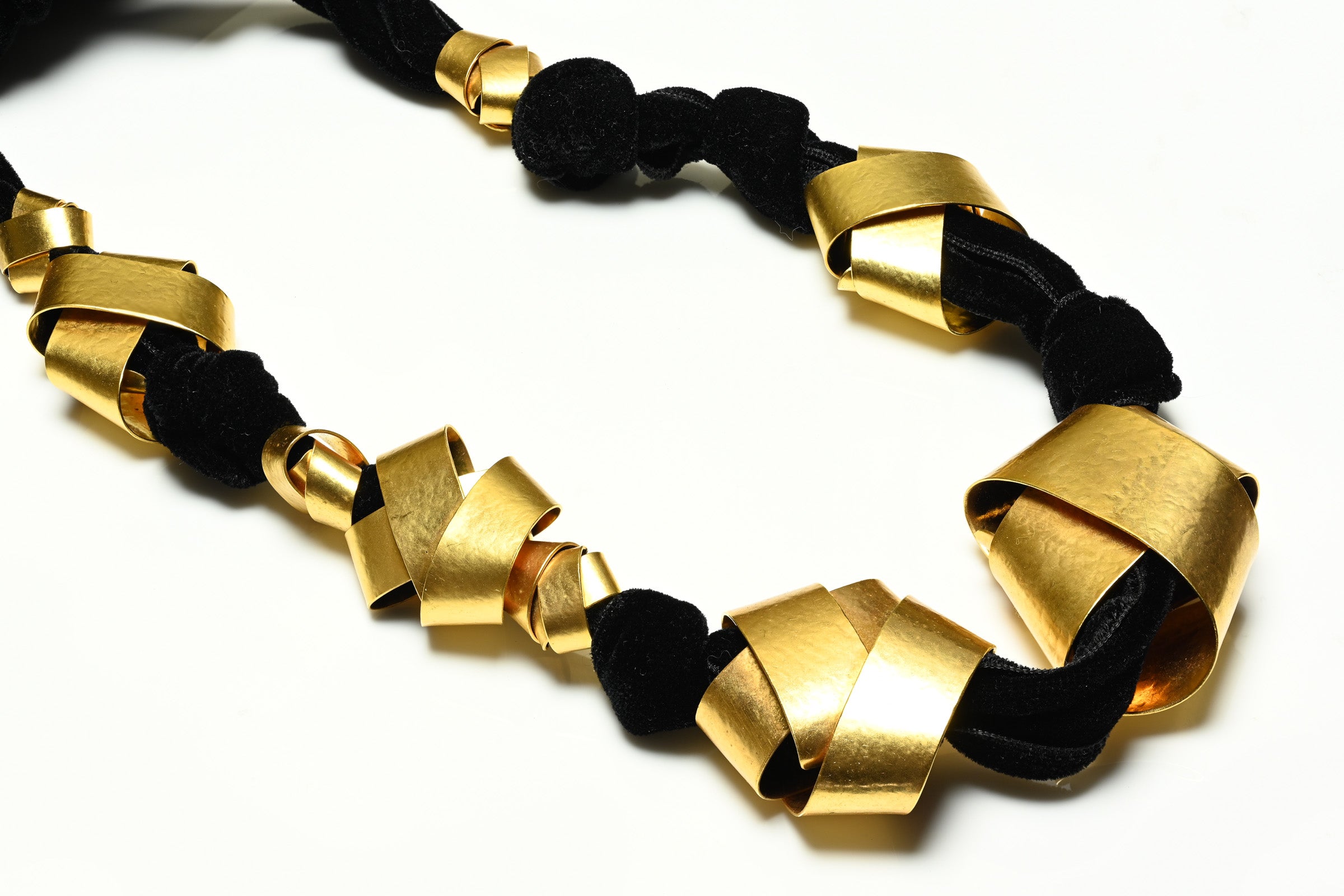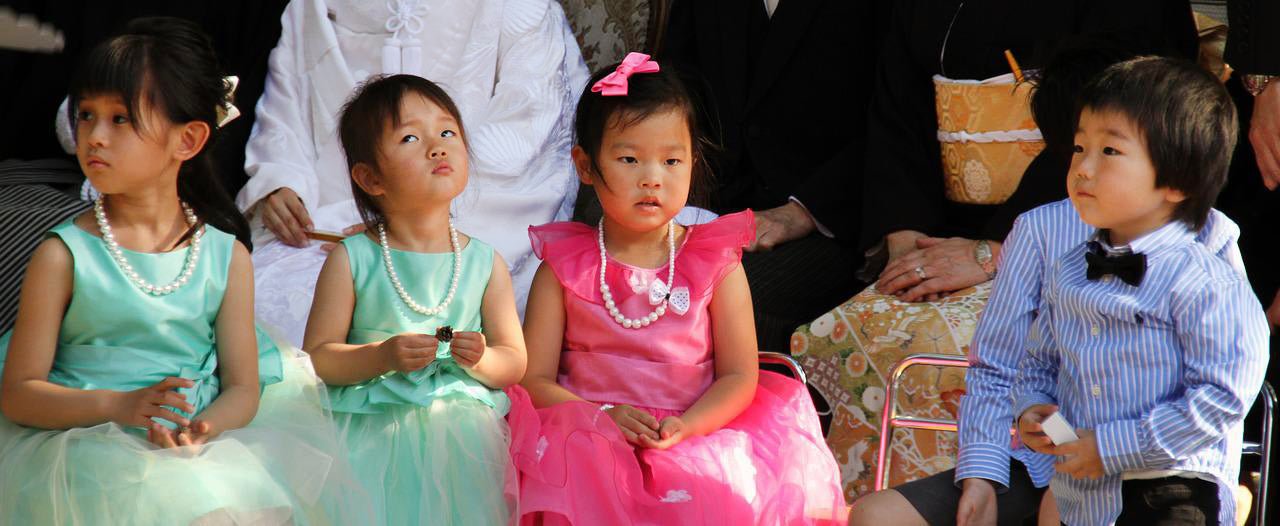
Japanese Children Are The Healthiest In The World. And Here Is Why
Japanese children are the healthiest and the most weight-balanced in the world. Furthermore, this mysterious Eastern country has the highest life expectancy. So what's their secret?
First of all their lifestyle and eating patterns. The key to Japanese children's diets lies in balanced and nutritious school lunches. At the same time, diet is accompanied by nutrition education.
Japanese children are better nourished than those in other developed countries across the world. One proof in this regard is that they have the lowest rates of overweight and obesity among children and adolescents aged 5 to 19 (14.4%), according to the study conducted by NCD Risk Factor Collaboration.
At the other end of the scale, among the 41 countries from Organization for Economic Co-operation and Development and the European Union that have been scrutinized, is the United States, where almost 42% of children and young people are overweight.
Why Are Japanese Children The Healthiest In The World?
Many will answer that they rely on a diet in which vegetables and fish are constantly present. But this explanation is not enough, given that countries with a balanced diet, such as the Mediterranean diet (in the case of Greece, Malta, Italy, and Spain) have very high percentages of overweight and obese children (in positions 3, 4, 5 and 10 respectively in the study we are addressing).
The explanation lies in schools, where nutrition and health are part of everyday life. This argument was made in an interview with AFP by Mitsuhiko Hara, a pediatrician, and professor at Kasei Gakuin University in Tokyo.
The professor believes that at the heart of the process are school canteens, where children receive information on healthy living: "The school lunches that are served in schools and most universities are designed by nutritionists."
In these dining halls, food brought from home is not allowed to be eaten, only what is served there. Each menu has between 600 and 700 kilocalories and is balanced in carbohydrates, meat, and vegetables.
The Japanese Children's Diet Is Accompanied By Nutrition Education
"The law states that school lunches must be an integral part of education," says an official from Japan's Ministry of Education. "It's not just about feeding: children also learn how to serve food or clean lunchrooms."
Experts make it clear that this culture did not emerge overnight. School lunches began in Japan in 1889 and were extended after World War II to combat malnutrition among children during a period of severe food shortages.
Furthermore, the secret to Japanese children's health isn't just their well-balanced food, but also their physical activity. It is known by researchers that 98.3 percent of the children from Japan either go to school on foot or by cycling. Due to this, there is no problem of obesity in them. The Japanese walk on an average more than 6500 steps daily!
Reference article: Worldwide trends in body-mass index, underweight, overweight, and obesity from 1975 to 2016: a pooled analysis of 2416 population-based measurement studies in 128·9 million children, adolescents, and adults
View Our Journal & News



